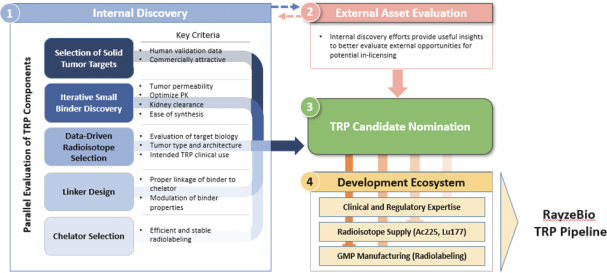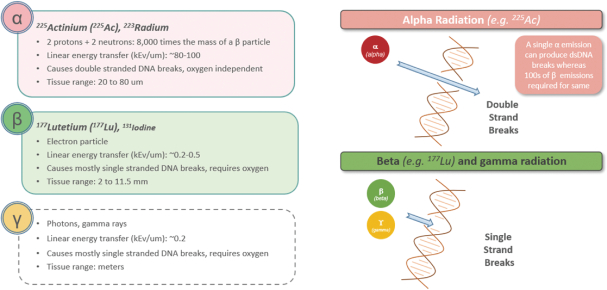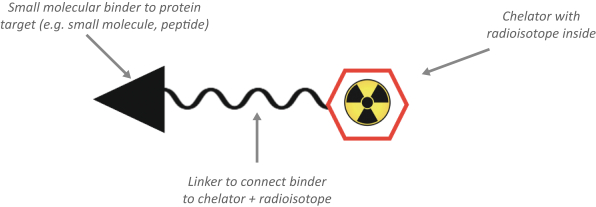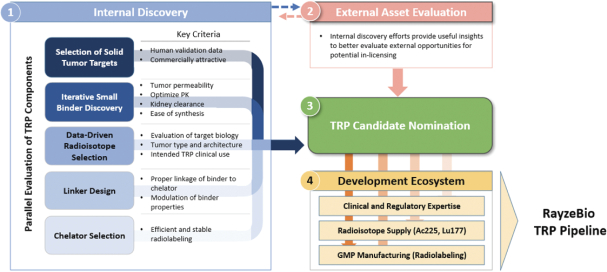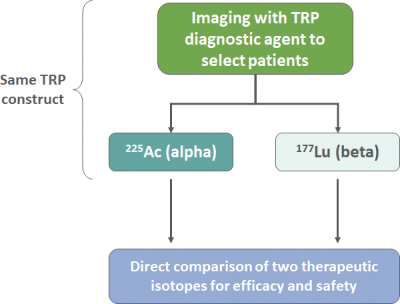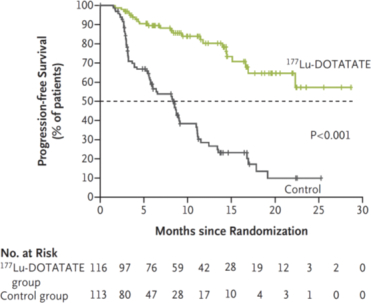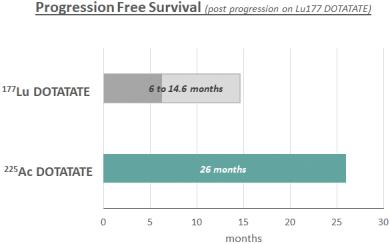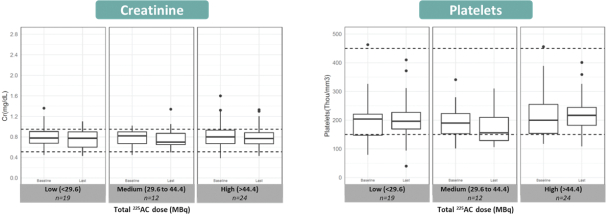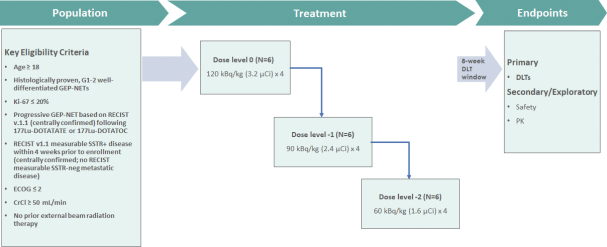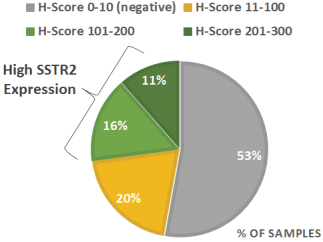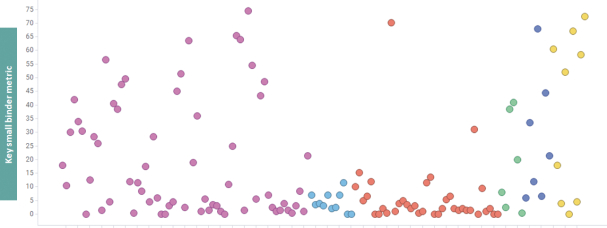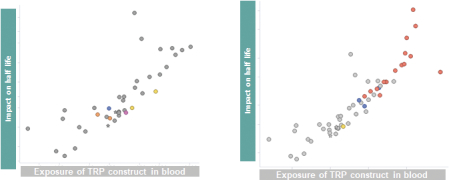Additionally, on September 30, 2020, the governor of California signed into law Assembly Bill 979, or AB 979, which expands upon SB 826, requiring public companies with principal executive offices in California to include specified numbers of directors from “underrepresented communities.” A director from an “underrepresented community” means a director who self-identifies as Black, African American, Hispanic, Latino, Asian, Pacific Islander, Native American, Native Hawaiian, Alaska Native, or LGBTQ+. As of December 31, 2021, each public company with principal executive offices in California is required to have at least one director from an underrepresented community. By December 31, 2022, a public company with between five and eight directors will be required to have a minimum of two directors from underrepresented communities, and a public company with nine or more directors will need to have a minimum of three directors from underrepresented communities. Neither SB 826 nor AB 979 provide a transition period for newly listed companies.
If we fail to comply with either SB 826 or AB 979, we could be fined by the California Secretary of State, with a $100,000 fine for the first violation and a $300,000 fine for each subsequent violation of either law, and our reputation may be adversely affected.
Raising additional capital may cause dilution to our stockholders, including purchasers of common stock in this offering, restrict our operations or require us to relinquish rights to our technologies or drug candidates.
Until such time, if ever, as we can generate substantial revenue from the sale of drugs, we expect to finance our cash needs through a combination of private and public equity offerings, debt financings, collaborations, strategic alliances and marketing, distribution, or licensing arrangements. We do not currently have any committed external source of funds. To the extent that we raise additional capital through the sale of common stock or securities convertible or exchangeable into common stock, your ownership interest will be diluted, and the terms of these securities may include liquidation or other preferences that materially adversely affect your rights as a common stockholder. Debt financing, if available, would increase our fixed payment obligations and may involve agreements that include covenants limiting or restricting our ability to take specific actions, such as incurring additional debt, making capital expenditures, or declaring dividends. Moreover, in the event of insolvency, debt holders would be repaid before you as a common stockholder would receive any distribution of our corporate assets.
If we raise funds through additional collaborations, strategic alliances or marketing, distribution, or licensing arrangements with third parties, we may have to relinquish valuable rights to our intellectual property, future revenue streams, research programs, RYZ101 or future drug candidates or to grant licenses on terms that may not be favorable to us. If we are unable to raise additional funds through equity or debt financings when needed, we may be required to delay, scale back or discontinue the development and commercialization of one or more of our future drug candidates, delay our pursuit of potential in-licenses or acquisitions or grant rights to develop and market future drug candidates that we would otherwise prefer to develop and market ourselves.
Our current operations are in southern California, and we or the third parties upon whom we depend may be adversely affected by earthquakes or other natural disasters, and our business continuity and disaster recovery plans may not adequately protect us from a serious disaster.
Our material facilities are in San Diego, California, an area that has experienced significant natural disasters, including wildfires and earthquakes. We do not carry earthquake insurance. Earthquakes, wildfires, or other natural disasters could severely disrupt our operations, and could materially and adversely affect our business, financial condition, results of operations and prospects.
If a natural disaster, power outage or other event occurred that prevented us from using all or a significant portion of our headquarters, that damaged critical infrastructure or that otherwise disrupted operations, it may be difficult or, in certain cases, impossible, for us to continue our business for a substantial period. The disaster recovery and business continuity plan we have in place currently are limited and are unlikely to prove adequate
84

